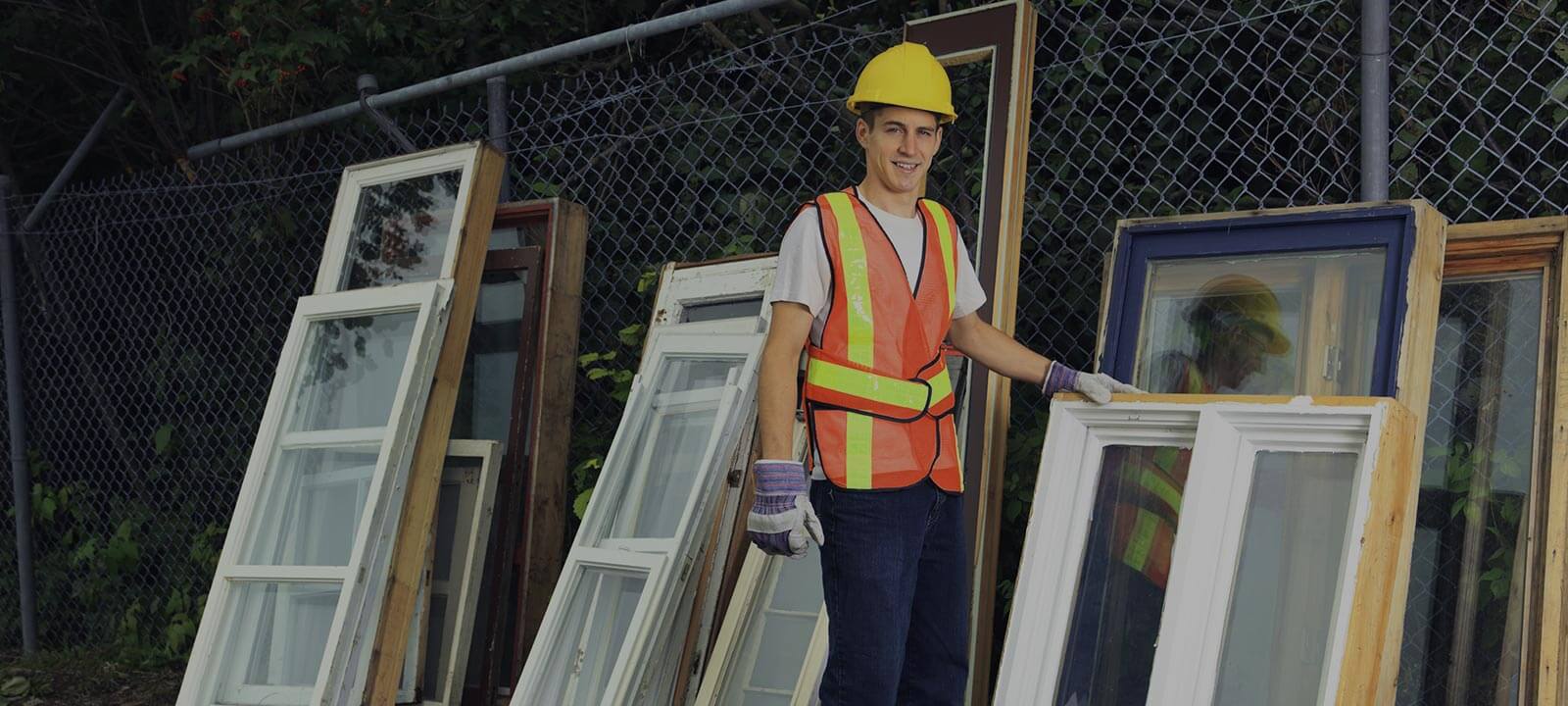Bamboo Crafts: Ditching Plastic for Nature
Posted on 02/11/2024
In recent times, the harmful effects of plastic on our environment have become a major concern for individuals, communities, and governments globally. Amidst the escalating plastic pollution crisis, bamboo crafts have emerged as a sustainable and eco-friendly alternative. This article delves into the significance of bamboo crafts, highlights their benefits over plastic, and explores various applications and creative uses of bamboo in everyday life.
The Growing Plastic Problem
Plastic products, once hailed as revolutionary, have become ubiquitous in our modern lives. From packaging to household items, plastic's affordability and versatility have made it an indispensable part of our daily routine. However, this convenience comes at a substantial cost to our planet. Every year, millions of tons of plastic waste end up in landfills, oceans, and other natural habitats, posing a dire threat to wildlife and ecosystems.
Plastic pollution has proven to be a persistent issue due to its non-biodegradable nature. A single plastic bottle can take up to 450 years to decompose, and during this period, it breaks down into microplastics that infiltrate our water sources and food chains. As a result, there has been a growing need to find viable alternatives to plastic, leading to a resurgence of interest in natural materials like bamboo.

Why Bamboo is the Perfect Substitute
Bamboo, a fast-growing grass species, stands out as an ideal alternative to plastic for several reasons. Firstly, bamboo is highly renewable and grows rapidly without the need for pesticides or chemical fertilizers. Some species of bamboo can grow up to 3.5 feet in a single day, making it one of the most sustainable resources on the planet.
Moreover, bamboo plants have an extensive root system that helps prevent soil erosion and enrich the soil with nutrients. This characteristic contrasts with mass agricultural practices for crops like cotton, which often degrade soil quality over time. By utilizing bamboo, we not only reduce our reliance on plastic but also contribute positively to the environment.
The Environmental Benefits of Bamboo Crafts
The production of bamboo crafts has numerous environmental benefits compared to plastic manufacturing. Bamboo processing is generally less energy-intensive and generates fewer carbon emissions. Additionally, bamboo products are biodegradable, meaning they naturally decompose without leaving behind harmful residues.
Tree forests require decades to mature, whereas bamboo reaches its harvestable age within 3-5 years. This rapid growth cycle ensures a continuous supply of material, minimizing deforestation and ecological disruption. Furthermore, bamboo plantations absorb large amounts of carbon dioxide, thereby contributing to the fight against climate change.
Applications of Bamboo Crafts in Daily Life
From household items to fashion accessories, bamboo crafts offer a plethora of applications that can seamlessly replace plastic counterparts. Here are some popular bamboo products that can be incorporated into our daily lives:
- Bamboo Utensils: Bamboo spoons, forks, knives, and chopsticks are not only durable but also lightweight, providing an excellent alternative to single-use plastic cutlery.
- Bamboo Straws: As a substitute for plastic straws, bamboo straws are reusable, biodegradable, and add a touch of elegance to beverages.
- Bamboo Toothbrushes: Millions of plastic toothbrushes are discarded each year. Bamboo toothbrushes offer a sustainable solution with biodegradable handles and recyclable bristles.
- Bamboo Textiles: Bamboo fibers are used to create soft, breathable, and moisture-wicking fabrics for clothing, towels, and bed linens.
- Bamboo Furniture: Bamboo furniture is known for its durability and aesthetic appeal. It serves as a green alternative to wooden furnishings, reducing deforestation.
Crafting Creativity with Bamboo
Beyond practical applications, bamboo crafts have also become a platform for artistic expression and innovation. Artisans and craftsmen around the world are leveraging bamboo to create intricate designs and unique pieces that showcase its versatility and beauty. Some notable bamboo crafts include:
- Intricate Weaving: Traditional weaving techniques have been adapted to craft baskets, lampshades, and decorative items that highlight the natural elegance of bamboo.
- Sculptures and Installations: Contemporary artists use bamboo to construct sculptures and installations that emphasize sustainability while pushing the boundaries of modern art.
- Musical Instruments: Bamboo is often used to make musical instruments such as flutes, drums, and xylophones, producing melodious sounds while celebrating cultural heritage.
Promoting a Cultural Shift
The transition from plastic to bamboo requires more than just adopting eco-friendly products; it necessitates a cultural shift towards sustainability and responsible consumption. Educating consumers about the environmental impact of their choices and the benefits of bamboo crafts plays a crucial role in driving this change.
Various organizations and initiatives are working diligently to raise awareness and promote bamboo as a sustainable alternative. Workshops, online campaigns, and community projects are being organized to engage individuals and demonstrate the practicality and beauty of bamboo crafts.

Challenges and Future Prospects
While bamboo crafts hold immense potential in reducing plastic usage, there are certain challenges that need to be addressed. The availability of bamboo products can be limited in some regions, and ensuring the quality and sustainability of bamboo sources is essential. Additionally, larger-scale adoption of bamboo crafts requires infrastructure development and investment in local artisanal communities.
Nevertheless, the growing demand for sustainable alternatives presents a promising future for bamboo crafts. Research and innovation in bamboo processing technologies continue to unlock new possibilities, further expanding the applications of bamboo in modern life.
Conclusion
In light of the environmental challenges posed by plastic pollution, bamboo crafts offer a renewable, biodegradable, and aesthetically pleasing alternative. By embracing bamboo, we can significantly reduce our ecological footprint while promoting sustainable practices and supporting local artisans. The shift towards bamboo is not merely a trend but a crucial step towards preserving our planet for future generations.
As we continue to explore and harness the potential of bamboo, it is our collective responsibility to advocate for eco-friendly choices and contribute to a greener, healthier world. Let's embrace the beauty and sustainability of bamboo crafts and pave the way for a plastic-free future.










